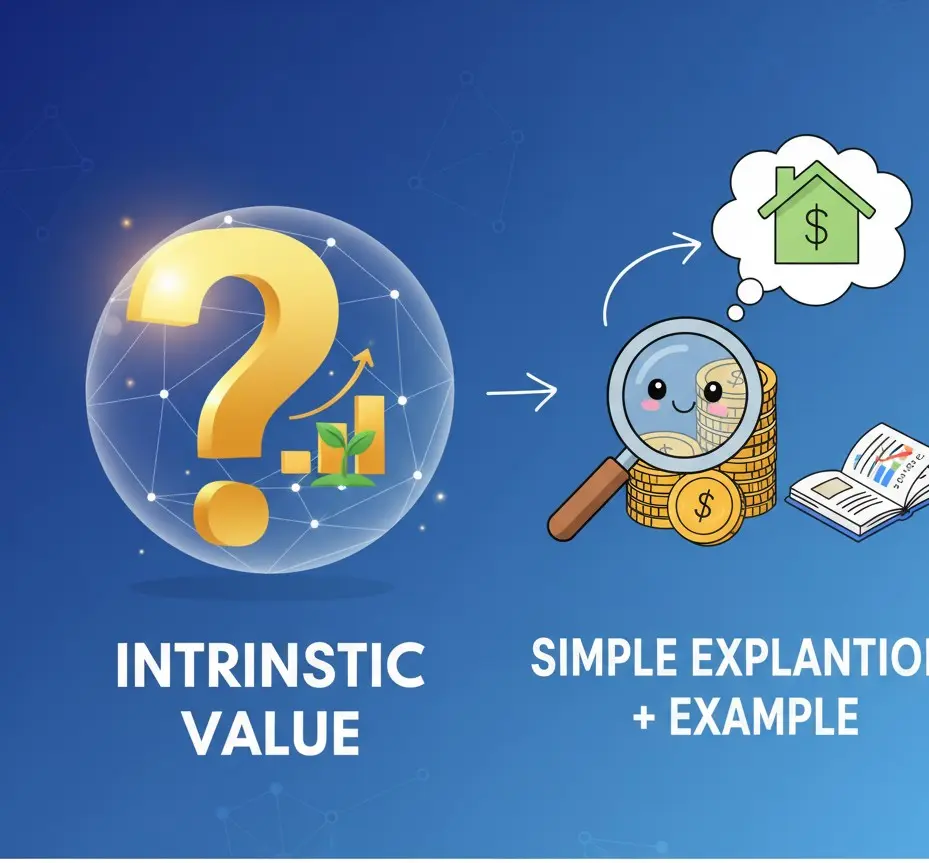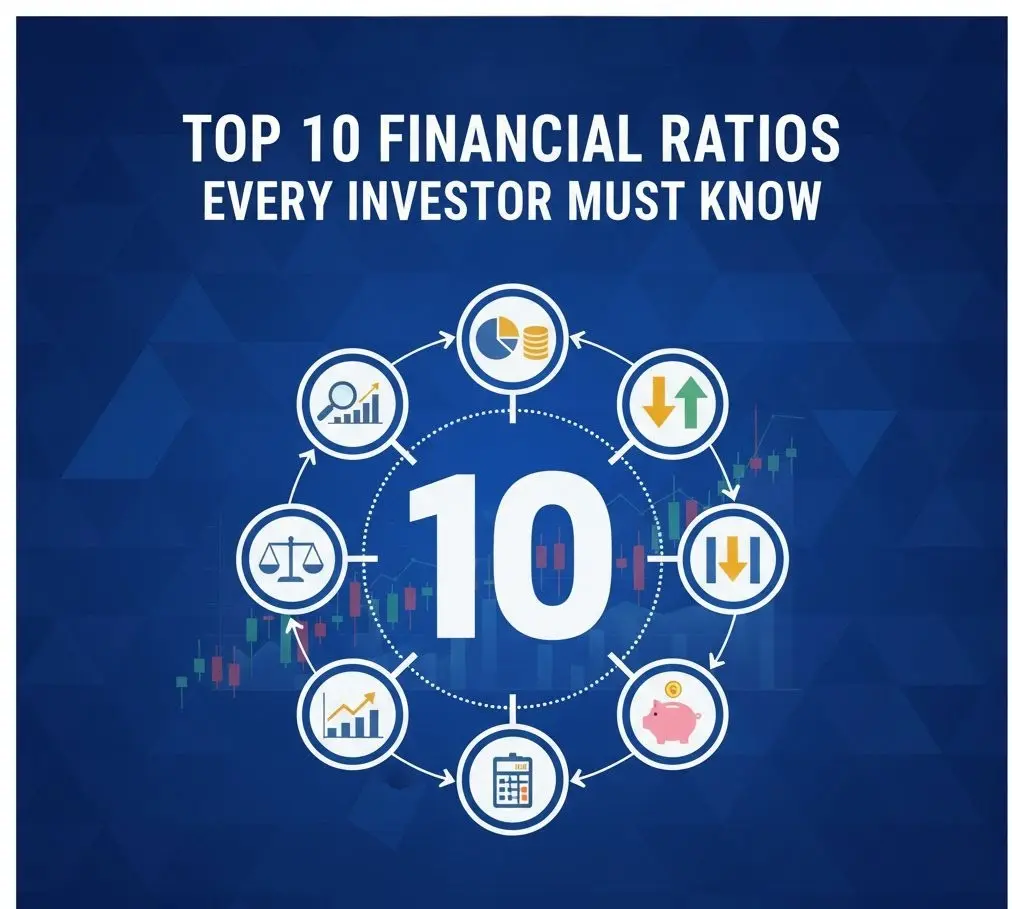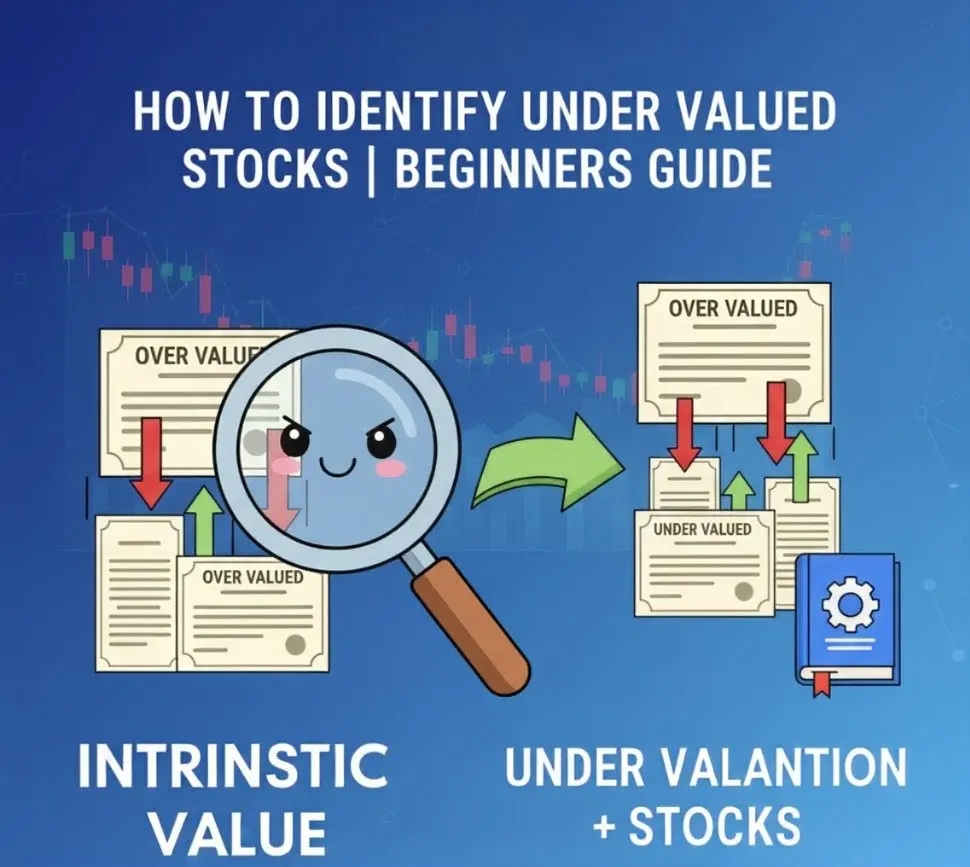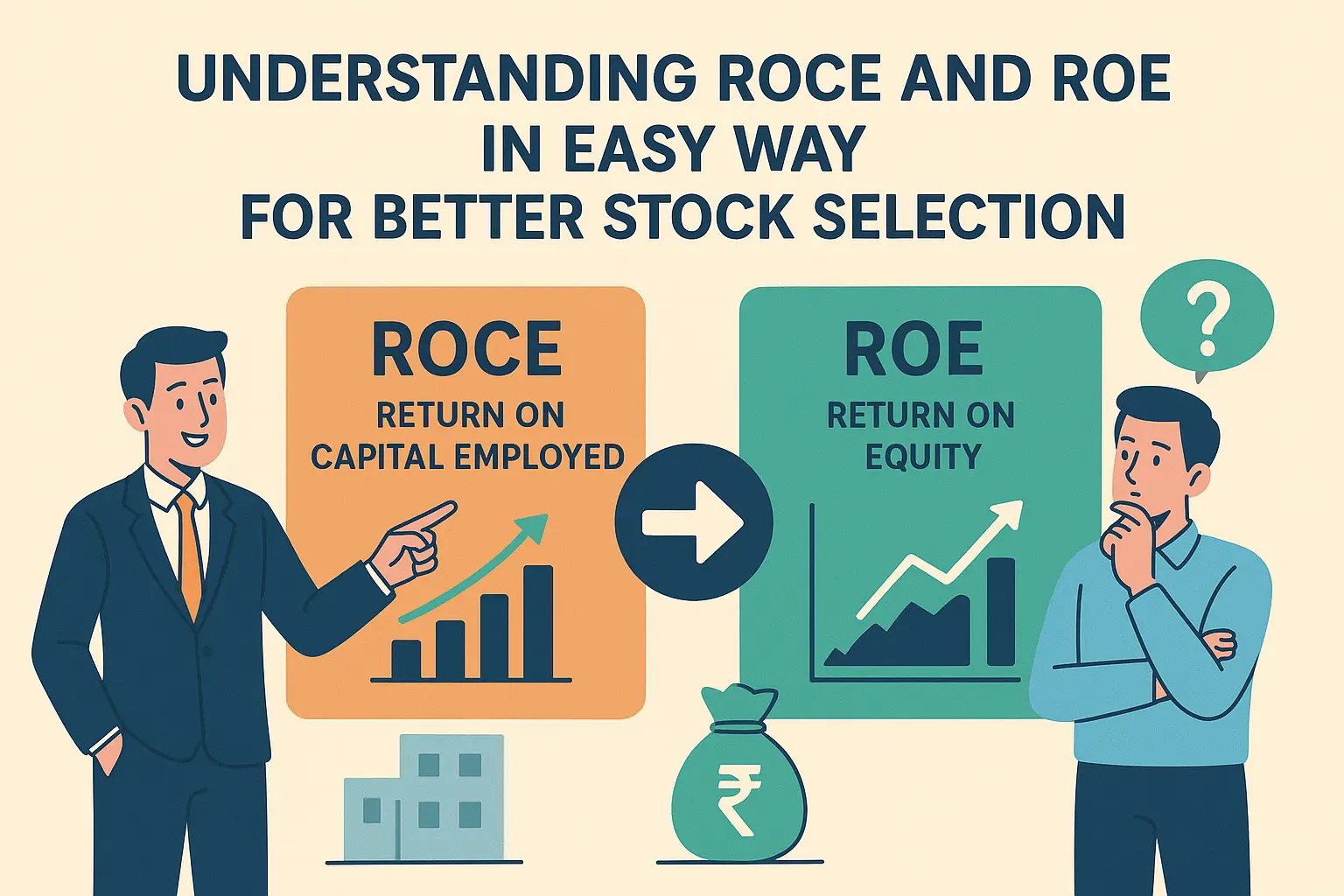

The Magic of Compounding: An Introduction
Compounding is often described as the most powerful force in the universe of finance. It's the process where your investment earnings generate their own earnings over time, creating a snowball effect that can transform modest savings into substantial wealth. Albert Einstein famously called compounding the "eighth wonder of the world," stating that "he who understands it, earns it; he who doesn't, pays it."
💡 Einstein's Wisdom
"Compound interest is the eighth wonder of the world. He who understands it, earns it; he who doesn't, pays it." - Albert Einstein
Understanding Compounding: The Basic Concept
At its core, compounding means earning "interest on interest." While simple interest is calculated only on your principal amount, compound interest is calculated on both the principal and the accumulated interest from previous periods.
A = P(1 + r/n)^(nt)
Where: A = Final amount, P = Principal, r = Annual interest rate,
n = Number of times interest compounds per year, t = Time in years
Simple Interest vs Compound Interest: The Dramatic Difference
Comparative Analysis: ₹1,00,000 Investment at 10% Annual Return
| Year | Simple Interest | Compound Interest | Difference |
|---|---|---|---|
| 1 | ₹1,10,000 | ₹1,10,000 | ₹0 |
| 5 | ₹1,50,000 | ₹1,61,051 | ₹11,051 |
| 10 | ₹2,00,000 | ₹2,59,374 | ₹59,374 |
| 20 | ₹3,00,000 | ₹6,72,750 | ₹3,72,750 |
| 30 | ₹4,00,000 | ₹17,44,940 | ₹13,44,940 |
Key Insight: Notice how the difference between simple and compound interest becomes massive over longer time periods. After 30 years, compounding generates over 4 times more wealth than simple interest!
The Power of Starting Early: Time as Your Greatest Ally
Case Study: The Early Bird vs The Late Starter
Consider two investors, Rohan and Sameer, both planning to retire at age 60. They both invest ₹10,000 per month and earn 12% annual returns.
💡 The Magic of Early Start
Rohan invested only ₹12 lakh more than Sameer but ended up with ₹2.46 crore more at retirement. This demonstrates the incredible power of giving your investments more time to compound. The 10-year head start made all the difference!
Real-World Applications of Compounding
Where Compounding Works Best
💰 Equity Investments
Stock market investments benefit tremendously from compounding through dividend reinvestment and capital appreciation. Historically, Indian equity markets have delivered 12-15% annual returns over the long term.
🏦 Fixed Deposits & Debt Instruments
While offering lower returns than equities, fixed-income instruments provide stable compounding with lower risk. The power of compounding can still generate significant wealth over decades.
📈 Mutual Funds
Systematic Investment Plans (SIPs) in mutual funds are designed to harness the power of compounding through regular investments and reinvestment of dividends.
🏠 Real Estate
Property values appreciate over time, and rental income can be reinvested, creating a compounding effect on your real estate portfolio.
The Rule of 72: Quick Compounding Calculations
How to Estimate Doubling Time
The Rule of 72 is a simple mental math trick to estimate how long it will take for your investment to double at a given interest rate:
| Interest Rate | Years to Double | Example: ₹1 Lakh becomes |
|---|---|---|
| 6% | 12 years | ₹2 Lakh in 12 years |
| 8% | 9 years | ₹2 Lakh in 9 years |
| 12% | 6 years | ₹2 Lakh in 6 years |
| 15% | 4.8 years | ₹2 Lakh in under 5 years |
Common Mistakes That Destroy Compounding Benefits
Pitfalls to Avoid
Warren Buffett's Compounding Strategy
Lessons from the Oracle of Omaha
"My wealth has come from a combination of living in America, some lucky genes, and compound interest." - Warren Buffett
Warren Buffett, one of the most successful investors in history, attributes his wealth largely to compounding. His key principles:
💡 Buffett's Compounding Secret
Buffett's secret isn't finding magical stocks; it's the discipline to hold quality investments for decades, allowing compounding to work its magic. Over 70+ years, even modest returns become astronomical through compounding.
Practical Steps to Harness Compounding Power
Your Action Plan
The Ultimate Truth About Compounding: Compounding doesn't require genius-level intelligence or extraordinary investment skills. It simply requires discipline, patience, and time. The most successful investors aren't necessarily the smartest; they're the ones who start early, invest consistently, and stay invested for the long haul. As Charlie Munger said, "The first rule of compounding is to never interrupt it unnecessarily."
Other Financial Articles


Top 10 Financial Ratios Every Investor Should Know

How to Identify Undervalued Stocks in India

PE vs PEG Ratio: Which is Better for Stock Selection?
